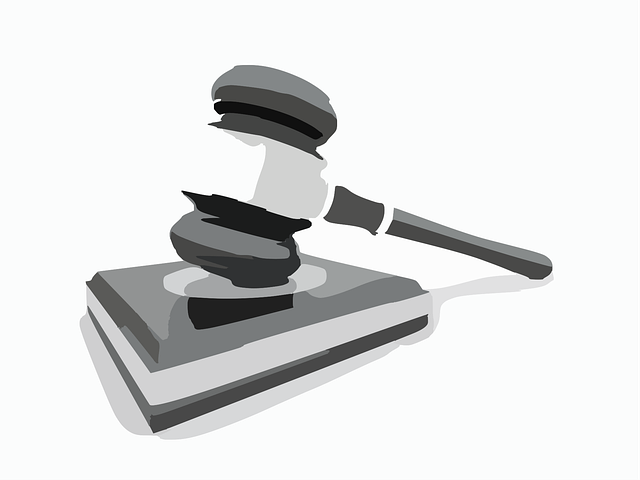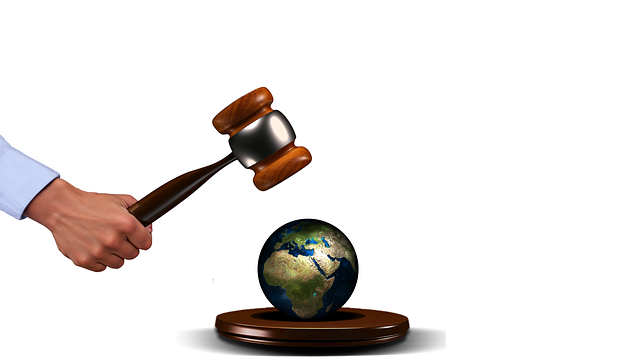Whistleblower Protection Laws safeguard individuals exposing illegal activities, offering legal immunity and workplace security. Libel, false written statements causing harm, has a varying Statute of Limitations (SOL) by jurisdiction, crucial for legal action timelines in complex white-collar cases. Understanding SOLs is essential for navigating whistleblower lawsuits, with prompt action mitigating risks. Specialized legal teams employ innovative strategies, leveraging anonymity, immunity, and strict time frames to protect ethical reporting.
Whistleblower protection lawsuits are crucial in fostering transparency and accountability within organizations. This article delves into the legal landscape surrounding whistleblowers, offering a comprehensive guide on understanding whistleblower protection laws, libel and slander nuances, and navigating the Statute of Limitations for claims. We explore strategic legal approaches to safeguard whistleblowers, providing insights essential for both individuals considering exposure and legal professionals assisting them.
- Understanding Whistleblower Protection Laws
- What Is Libel and Slander in Context?
- Exploring the Statute of Limitations for Claims
- Protecting Whistleblowers: Legal Strategies
Understanding Whistleblower Protection Laws

Whistleblower Protection Laws are designed to safeguard individuals who expose illegal or unethical activities within their organizations from retaliation. These laws vary by jurisdiction but generally provide legal immunity, protection against workplace reprisals, and even financial compensation for whistleblowers. Understanding these protections is crucial for both employees considering coming forward and employers seeking to ensure compliance.
In many jurisdictions, there’s a Statute of Limitations for Libel Cases related to whistleblower claims, setting a timeframe within which legal actions must be initiated. This can range from as short as 6 months to several years, depending on the local laws and specific circumstances. A general criminal defense strategy might include challenging the validity of accusations, demonstrating that the whistleblower’s actions were legally protected, and achieving extraordinary results such as complete dismissal of all charges for clients facing retaliation or false allegations.
What Is Libel and Slander in Context?

Libel and slander are legal terms often associated with defamation, which refers to making false statements that harm an individual’s reputation. In the context of whistleblower protection lawsuits, these terms play a significant role when employees or individuals expose illegal activities within their organizations. Libel is typically understood as a written statement that causes harm, while slander refers to spoken words with the same intent. When whistleblowers come forward, they may face legal repercussions from those accused, leading to complex legal battles.
The Statute of Limitations for libel cases varies by jurisdiction but generally sets a time frame within which legal action must be taken. This is crucial in the context of whistleblower lawsuits, as it dictates the timeline for bringing claims related to defamation. Understanding these legal concepts and their respective limitations is essential, especially in cases involving white-collar defense and economic crimes, where jury trials can have significant consequences.
Exploring the Statute of Limitations for Claims

When navigating whistleblower protection lawsuits, understanding the Statute of Limitations for claims is paramount. Each jurisdiction has its own set of rules dictating the time period within which legal actions must be initiated. These periods vary and can significantly impact the outcome of a case. For libel cases specifically, the Statute of Limitations typically ranges from one to two years, depending on the location. This means that individuals who have been wrongfully targeted through false accusations have a limited window to take legal action and seek justice.
The urgency of acting within the prescribed time frame is heightened by the fact that delays may result in complete dismissal of all charges. Whistleblowers often face complex circumstances, including pressure from both philanthropic and political communities to remain silent or face retaliation. By adhering strictly to the Statute of Limitations, individuals can protect their rights and avoid indictment for taking a stand against unethical practices.
Protecting Whistleblowers: Legal Strategies

Protecting whistleblowers is a multifaceted legal strategy that involves understanding and navigating intricate laws designed to safeguard individuals who expose unethical or illegal practices within their respective businesses. These strategies are crucial, especially in cases of white-collar and economic crimes, which often fly under the radar. One key aspect is awareness of the Statute of Limitations for libel cases, ensuring that whistleblowers act promptly to protect themselves from potential legal repercussions while preserving evidence and gathering witnesses.
Across the country, legal teams specializing in whistleblower protection have developed innovative approaches to defend individuals who take a stand against corporate wrongdoing. They leverage laws that offer anonymity, immunity, and strict time frames for filing complaints to ensure the integrity of the process. This includes utilizing respective business regulations and anti-retaliation policies to strengthen cases and deter employers from targeting whistleblowers, fostering an environment where ethical reporting is not just encouraged but also legally secured.
Whistleblower protection lawsuits are vital to fostering transparency and accountability within organizations. By understanding whistleblower protection laws, recognizing libel and slander in specific contexts, and navigating the Statute of Limitations for libel cases, legal professionals can employ effective strategies to safeguard whistleblowers. These measures ensure that individuals who come forward with valuable information are protected from retaliation and encouraged to expose unethical practices, ultimately revolutionizing organizational governance.






